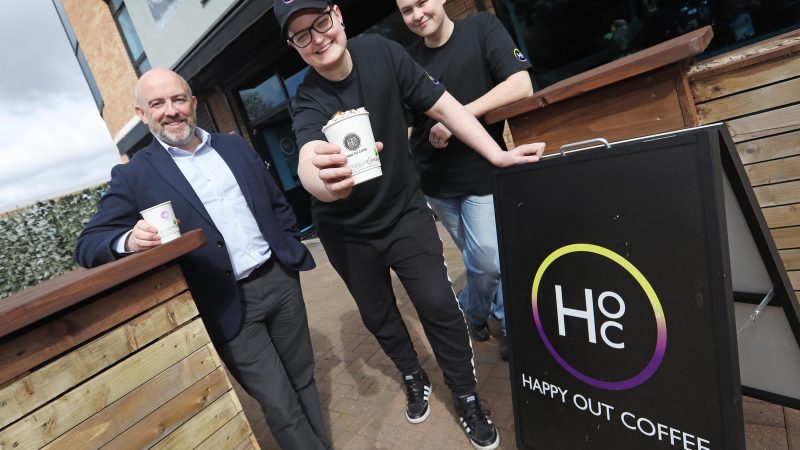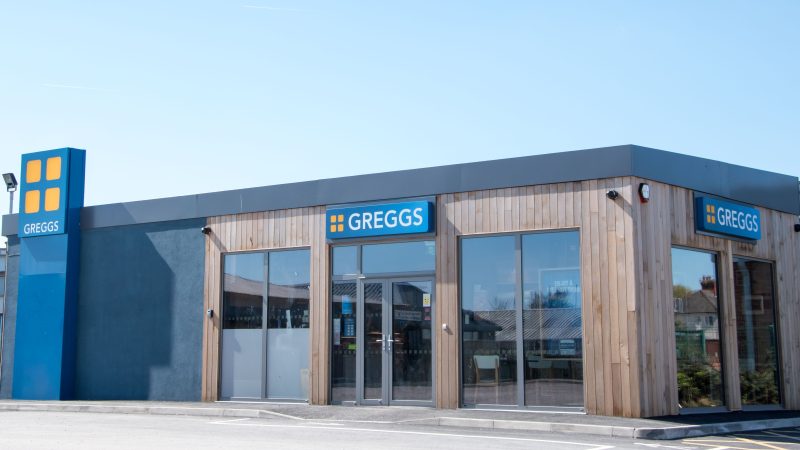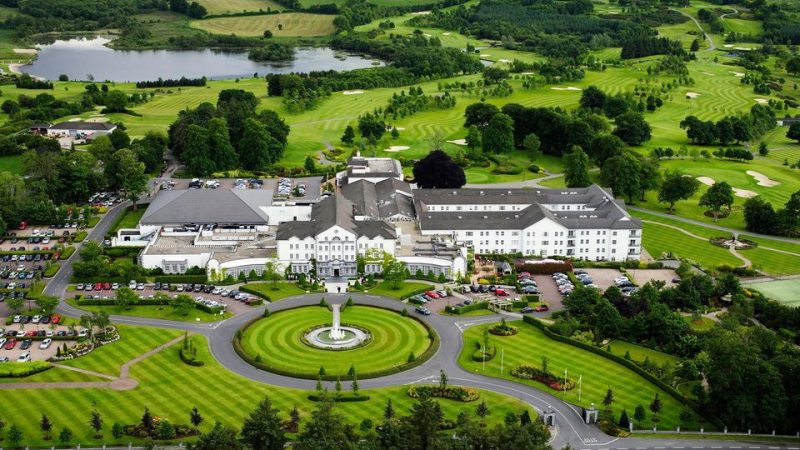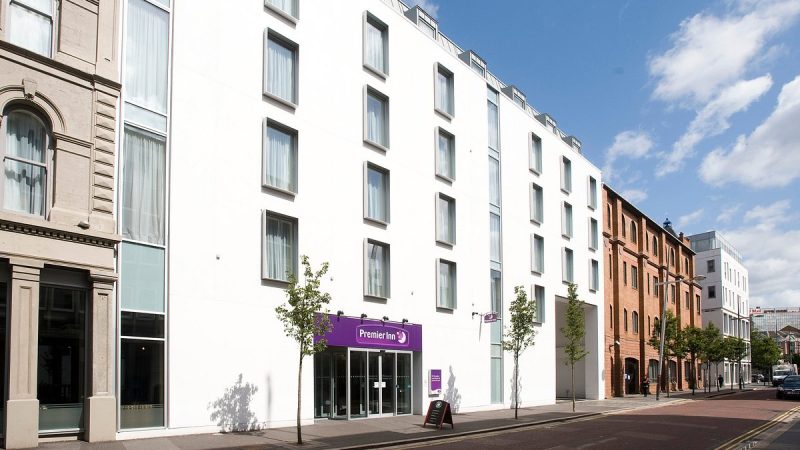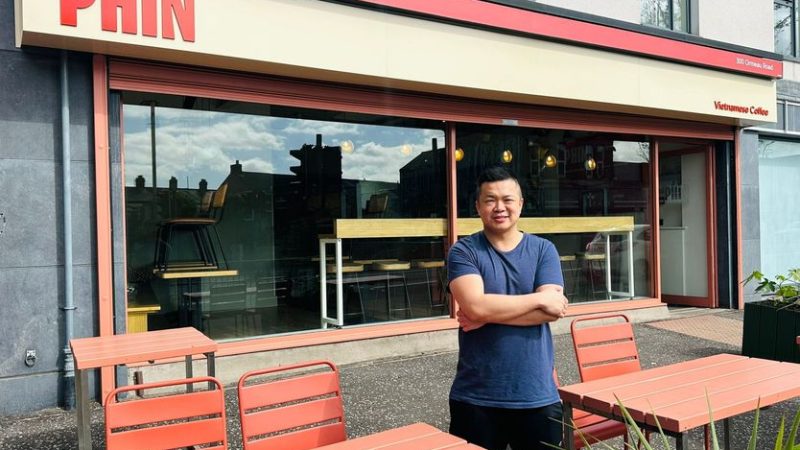Stormont row sparks hospitality concerns

As our September magazine went to press, the political stalemate that has gripped the NI Assembly since the end of August was continuing and fears were growing that if a resolution cannot soon be found to the impasse at Stormont, the hospitality sector here might begin to suffer.
Parties and governments have been locked in talks since an assessment by PSNI chief constable, George Hamilton, cast doubt over the current status of the IRA. The political fall-out from that statement led eventually to Executive resignations by unionists and the effective end of normal business in the Assembly.
Colin Neill, who heads up trade body, Hospitality Ulster, told LCN at the end of September that he believes the potential impact of the current disagreements could be “severe” and insisted that without an environment conducive to normal business growth, the industry stood to lose the benefits of recent gains:
“We have been working away recently on a number of pieces of legislation around entertainment and liquor licensing and the reduction of costs to business through better regulation,” he added. “It’s been difficult and it’s been hard work to get this far on these issues and now, with the Assembly not sitting, all of that effort is at risk and with elections looming, we have limited time left to us.”
Encouraging politicians to continue their efforts to find a resolution, Colin pointed to a series of economic issues, including the proposed reduction in corporation tax, which he said needed to be resolved in order to facilitate the development of an environment conducive to business growth:
“The current situation is unlikely to affect current trading levels, what affects tourism is violence, but does affect us is the fact that we aren’t creating an environment in which it’s easy for us to do business,”, he added. “Don’t forget that we have the National Minimum Wage changes on October 1 and we need to have policies in place that will enable us to pay that.”
Describing hospitality as the “new economy”, Colin went on:
“We don’t build ships anymore and tourism is now seen as one of the big growth areas of the economy,” he added. “But we don’t yet have it in the volumes that we need and we need to create an environment that will allow us to pay people a decent wage and create more wealth for the province as a whole.”
In terms of tourism, John McGrillen, the newly-appointed chief executive of Tourism NI, conceded recently that it was “better to have political stability than not”. He said that when front page headlines about political unrest appeared, vacuums were likely to be created that could allow the development of dissident activity which, he added, “wasn’t helpful”.
But publicans on the grounds are also concerned. The chairman of the Derry Licensed Vintners’ Association, Gerry McCloskey, told this magazine that he felt the current disagreements weren’t sending the right message to tourists:
“Our hospitality industry depends on visitors coming from all over the world and if they feel that there is any kind of instability because of events at Stormont, well the danger is that they won’t want to come,” he added.
Gerry also said that his local clientele were very concerned over recent developments at Stormont and like Colin Neill, he’s worried that progress made on trade issues to date may be lost if a resolution isn’t found.
“As an industry, we work very closely with the politicians on many issues such as VAT and opening hours and while this impasse is going on, none of that is happening,” he added. “We’re not able to continue with the serious business that can benefit the industry.”


